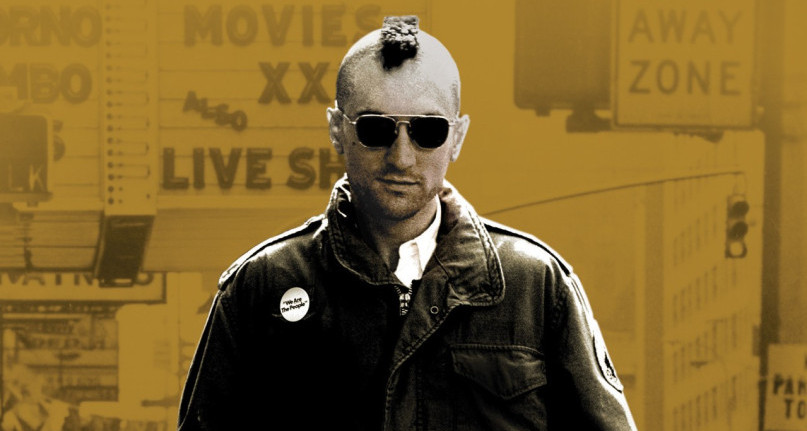
Like the “Female Characters” list I wrote, this list is going to be tough. There are going to be so many beloved movie characters that will be forgotten or excluded, because 10 is a fickle and finite number. Nonetheless, the criteria will remain the same.
These entries are looking at the most groundbreaking characters whose impact can still be felt today. This is not a judgement on the best performances, despite the fact that all of these characters are superbly acted. Without further ado, let’s tempt fate again by taking part in an audacious task. Here are 10 of the greatest male characters of all time.
10. Virgil Tibbs – In the Heat of the Night
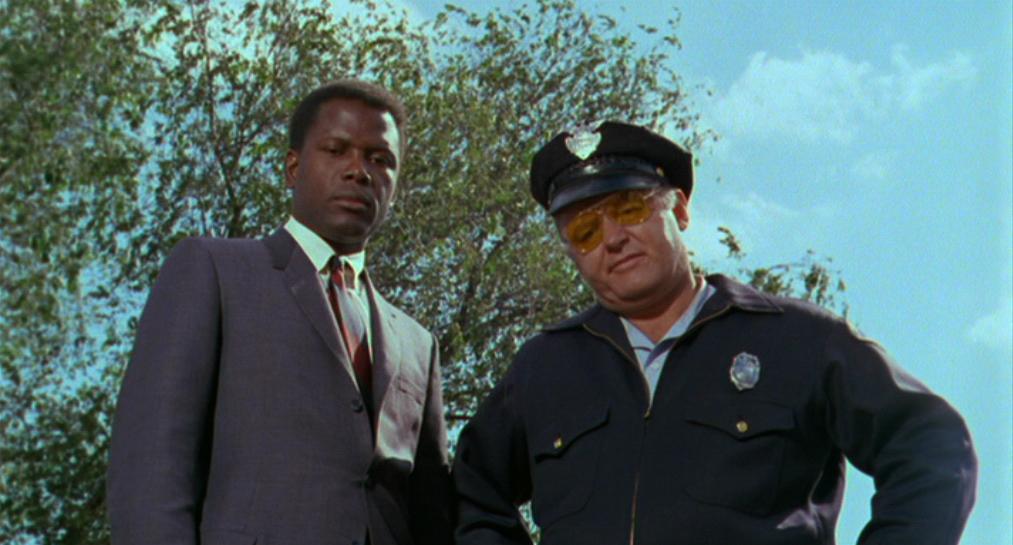
While Virgil Tibbs has been the focal point of a number of films, it is his first appearance in the racially tense “In the Heat of the Night” that deserves the most attention.
Sidney Poitier’s performance as the police officer is iconic because it represents every marginalized person in America so effortlessly. He gets targeted for the colour of his skin throughout the entire film, even when he is introduced. He is taken in for questioning for no reason, only for the other characters to learn he is an authoritative figure that is there to help solve the case they are working on.
He is precise with his techniques, and he is serious about his job. He is strong willed enough to take on the high amounts of racism thrown towards him throughout the film; his one crack (“They call me Mister Tibbs”) became the most defining line of the motion picture.
No matter who you are, the successful moments for Tibbs are a triumph for us all, because he is a character defined by his own strengths and not by stereotypes. He is a breakthrough in cinematic history.
9. Travis Bickle – Taxi Driver
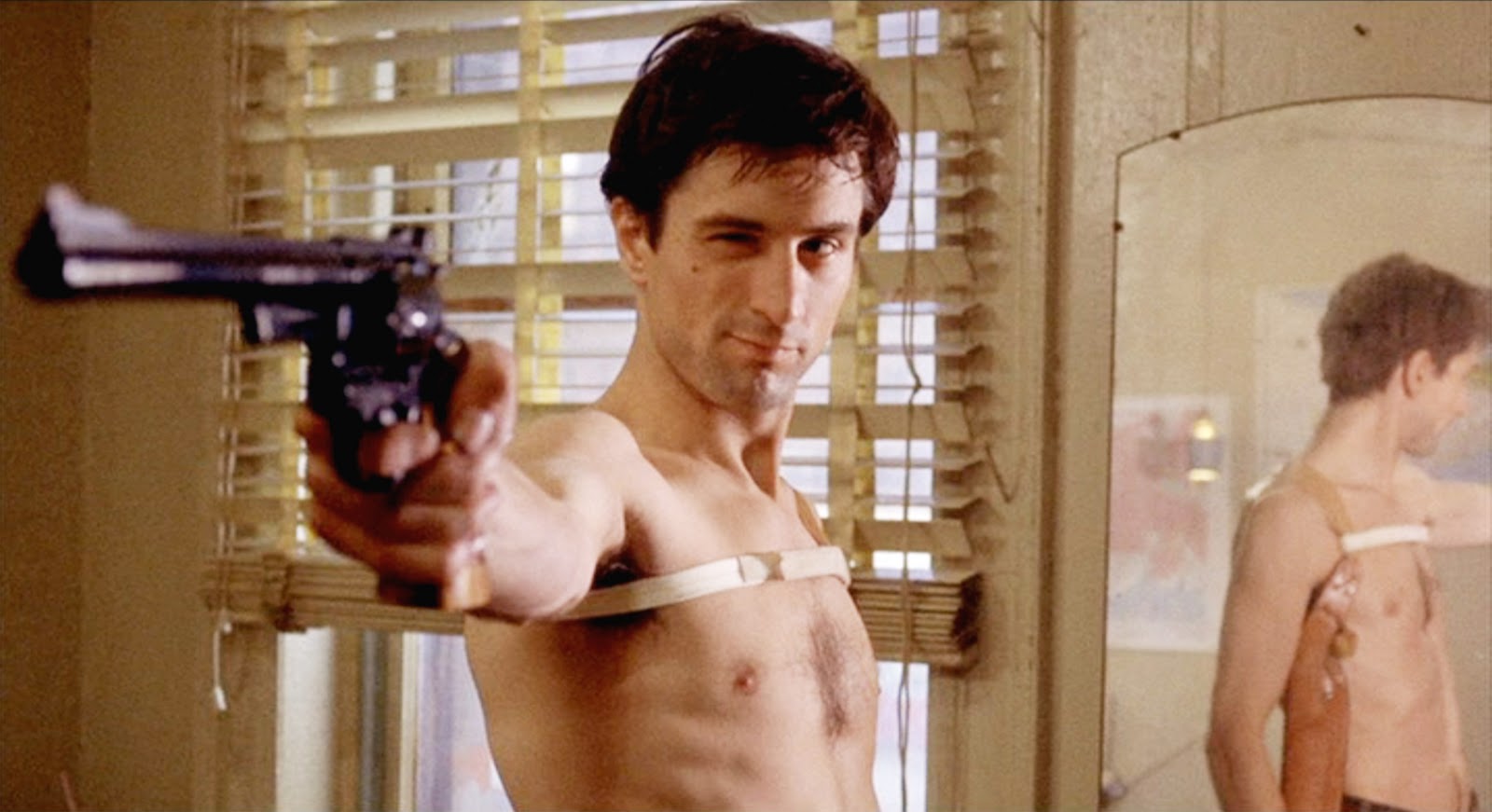
This is your one way ticket into madness. While Michael Corleone is the greatest case of character development, Travis Bickle is a sterling example of watching a character disintegrate without them knowing they are. Played by a seemingly possessed Robert De Niro, Bickle is a veteran who suffers from delusions and insomnia.
He becomes a taxi driver, which may have been the worst thing for him. He becomes all too familiar with the city, and at first he just sounds cynical, as he talks about the scum of the city. He starts to go too far, and then he goes even further. He highlights himself as some sort of vigilante who tries to fix the city, while he dreams of the city and the woman he fancies (and ultimately scares away). He has no cool, and he has no social graces.
We see the film from his perspective, though, and it all appears just fine to him. When he gains pounds of muscle and starts practicing his assassination attempts in front of a mirror, he becomes terrifying. It is uncommon to see a film from such an angle: we’re virtually in the mind of a psychopath. While he sometimes has good intentions, he also leads us to harrowing situations. It’s our fault for accepting the risk.
8. Terry Malloy – On the Waterfront
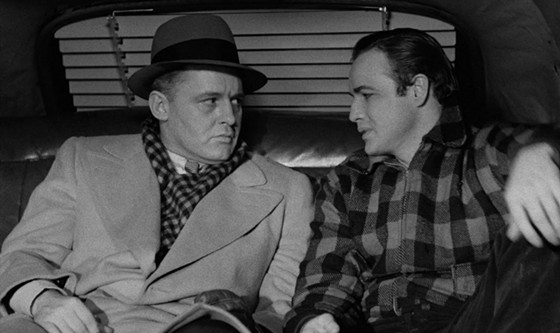
Marlon Brando’s performance has been lauded as one of the all-time best, perhaps in part due to the character’s vulnerability. We either are a Terry, or we know one. These are people who are down on their luck because they gave it all away in the off chance that they could go on to do greater things. All of what they once had are gone, including their dignity.
Working a blue collar job is no problem, but for Terry, it is a constant slap to the face after he threw a boxing match that cost him his fighting career. He had to because of the mob: the same kind of lowlives that run his newest career at the docks.
Terry is hard on himself, because he knows he didn’t have to listen to the mobsters. When Terry finally has enough and starts to fight his authorities (and his demons), it is such a gratifying feeling. It feels like we are winning a fight ourselves. It is not common to find such an everyday man in a film get this kind of an opportunity (or the spotlight, of course), and every instance since this film likely does not measure up to the volumes Terry speaks for all of us.
7. Napoléon Bonaparte – Napoléon
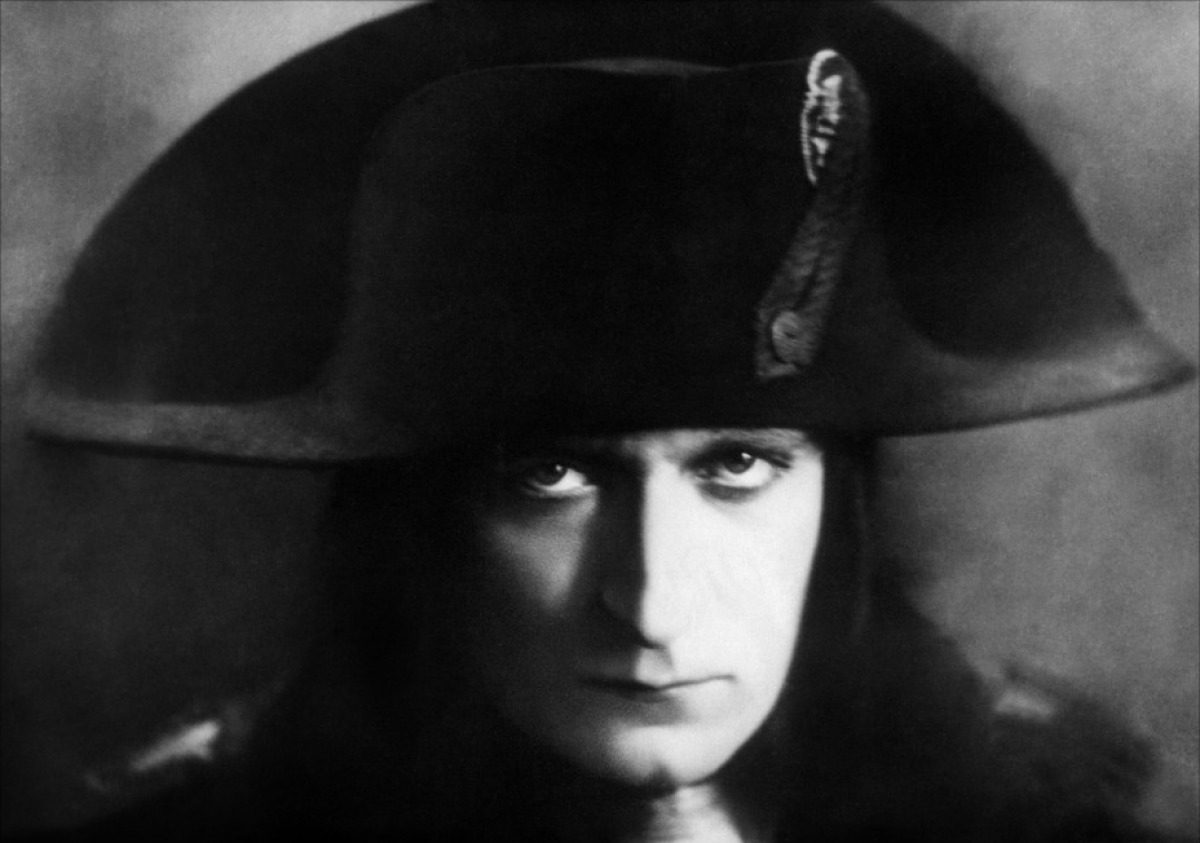
Abel Gance’s over 5-hour silent epic is an extremely audacious task to watch, yet it is all the more rewarding due to the center of it all. Yes, the film has groundbreaking production and screening techniques (the film contains a sequence that played on three theatre screens simultaneously, for instance), but following Napoléon himself is an absolute treat.
From childhood snowball fighting to controversial military figure, you witness signs of control, savagery and power. Albert Dieudonné’s portrayal as the adult Napoléon Bonaparte showcases his turning points very clearly, as to create an understanding as to how he became the iron casted figure we know him for.
Gance’s film and its lead were as ambitious as each other, and much of Napoléon’s legacy in the film was the mythos around its existence. It is cut into many different lengths and forms (not everyone has five and a half hours handy), and it was not able to be seen at all for the longest time. The prowess of the character and film have turned Napoléon into as definitive of a cinematic figure as the historical one he already was.
6. Michael Corleone – The Godfather
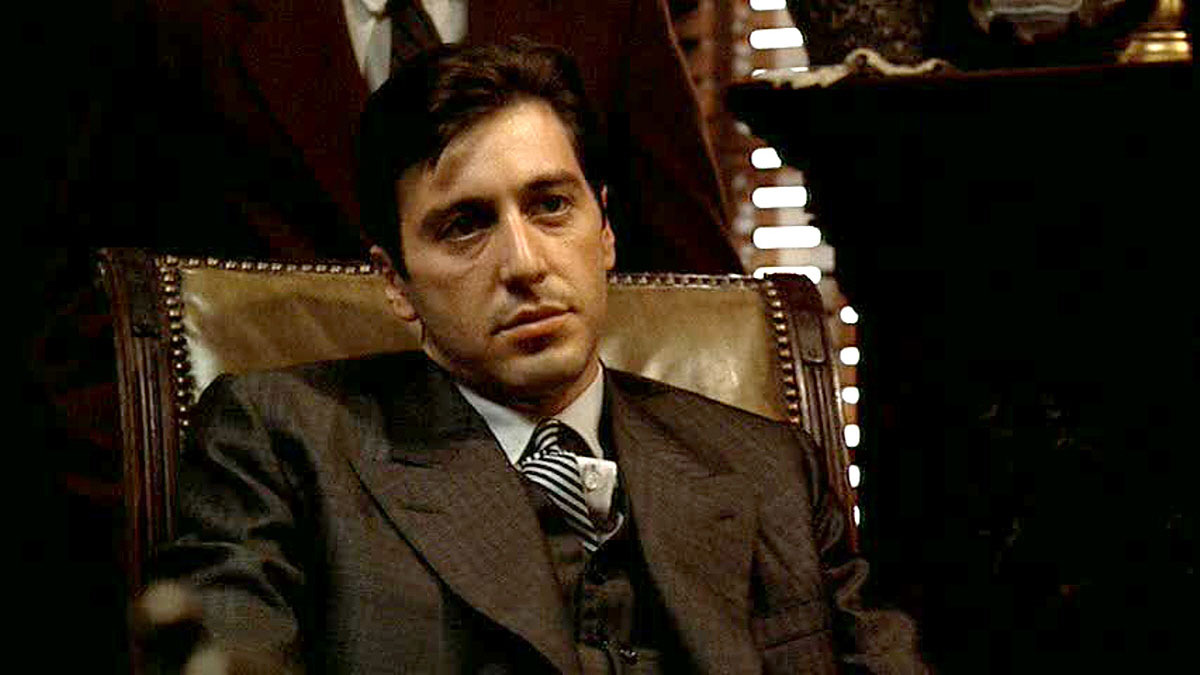
In short, Francis Ford Coppola’s and Al Pacino’s take on the youngest Corleone son is almost indisputably the all-time greatest example character development. It almost feels unfair to compare it to anyone else, despite the many other terrific examples. With Michael’s descent into hell in the first “Godfather,” you are watching an angel lose its wings from a life he cannot ignore. All of his joy is stripped away from him.
In the second “Godfather” film, after Michael has achieved status as the ultimate mob boss, his life and power are in danger, and he is relentless in hanging on to what he now has. His devolution changes everyone around him in a way that even his father’s power never did; he seemingly exudes hatred. If you ever want to see a golden boy become Satan himself, look no further.
While Vito cemented his own legacy as the initial Corleone head, his was out of safety and revenge. Michael’s evil is beautiful and terrifying because it consumes us, too.